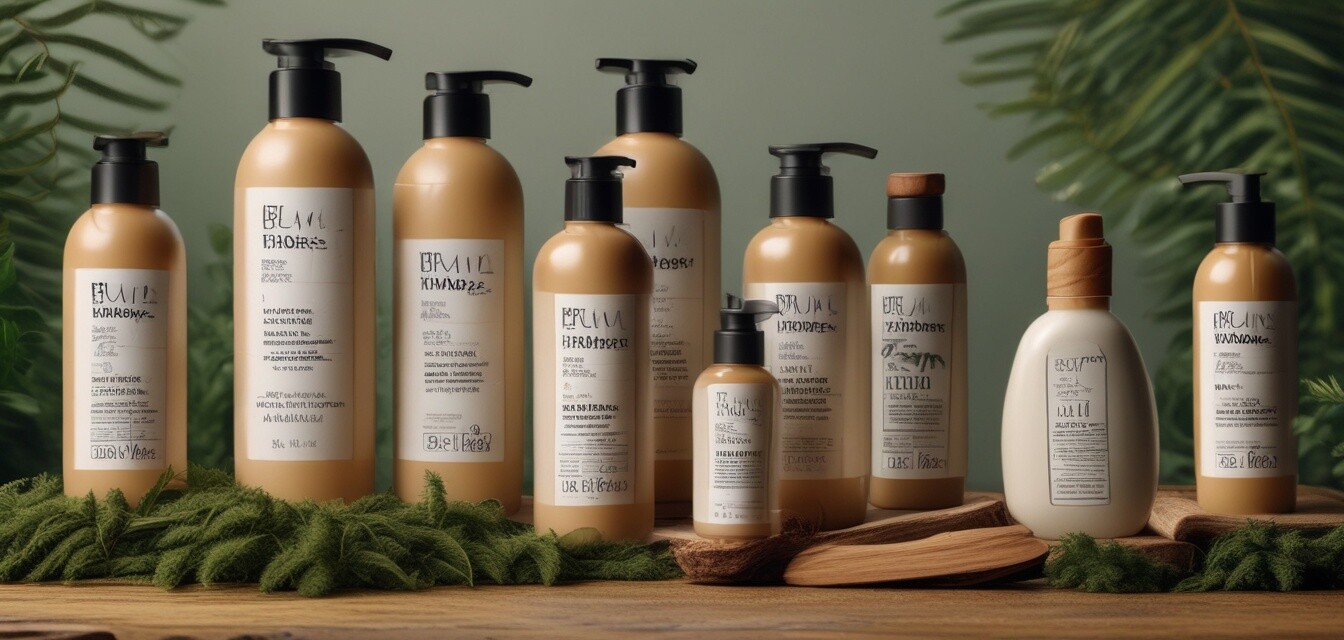
How to establish a sustainable haircare business
Key Takeaways
- Understand the importance of sustainable practices in the haircare industry.
- Focus on eco-friendly ingredients and packaging.
- Identify your target market by aligning with ethical beauty choices.
- Implement transparent sourcing and manufacturing processes.
- Leverage digital marketing to reach sustainability-focused consumers.
Launching a sustainable haircare brand is not just a business move—it's a commitment to the environment and ethical practices. As consumers increasingly prioritize eco-conscious choices, establishing a haircare brand that emphasizes sustainability can set you apart in a crowded market. This guide will cover key practices and considerations for establishing a successful brand that aligns with sustainable values.
Understanding sustainability in haircare
Sustainability in haircare revolves around three key pillars: environmental responsibility, social equity, and economic feasibility. By integrating these aspects, you can create a brand that resonates with consumers who demand both quality and environmental stewardship.
Why sustainability matters
- It reflects consumer values and preferences.
- It promotes a healthier planet through responsible sourcing.
- It encourages innovation in product development.
Steps to establish a sustainable haircare business
1. Research your market and create a business plan
Before diving into production, conduct thorough market research. This will help you identify your target audience and understand their preferences, ensuring that your products resonate.
Key elements of your business plan should include:- Market analysis (trends and competition)
- Brand identity development
- Vendor and supplier identification
- Financial projections and funding sources
2. Choose eco-friendly ingredients
Focus on ingredients that are naturally derived and free from harmful chemicals. Consider sourcing organic and sustainably harvested components to enhance your brand's eco-credibility.
3. Develop sustainable packaging
Packaging plays a crucial role in sustainability. Here are a few options to consider:
| Packaging Options | Benefits |
|---|---|
| Recyclable materials | Minimizes waste and encourages recycling. |
| Refillable containers | Reduces the need for new packaging with every purchase. |
| Biodegradable alternatives | Breaks down naturally without polluting the environment. |
4. Create a transparent supply chain
Ensure that your sourcing methods are ethically sound. Consumers appreciate transparency regarding ingredient origins and labor practices.
5. Build a marketing strategy
Your marketing efforts should focus on educating consumers about your sustainable practices. Strategies could include:
- Utilizing digital platforms and social media to share your story.
- Creating engaging content around sustainability and haircare.
- Collaborating with eco-conscious influencers to widen your reach.
Sustainable practices in product development
Your commitment to sustainability should extend into product development. Ensure that:
- You prioritize formulations that are free from harmful substances.
- You engage in responsible testing methods that do not involve animal cruelty.
- You are aware of environmental impacts at every stage of production.
Innovative ideas to stand out
To further establish your business, consider the following innovative ideas:
- Introduce a subscription model for regular customers.
- Offer customization options for individual haircare needs.
- Host workshops focusing on sustainability in beauty routines.
Conclusion
Sustainability in haircare is not just a market trend; it’s a crucial part of a responsible business model. By implementing ethical practices throughout your brand, you can connect with a growing audience that values both beauty and the environment.
To learn more about eco-friendly practices in luxury haircare, visit our section on Sustainability in Haircare or explore our range of eco-friendly luxury haircare accessories.
Pros
- Meets growing consumer demand for eco-conscious products.
- Potential for creating loyal customer relationships.
- Opens opportunities for collaboration with other sustainable brands.
Cons
- Higher production costs may affect pricing.
- Requires dedication and ongoing education about sustainable practices.
- Potential challenges in sourcing reliable, sustainable suppliers.
Transform your haircare routine today—shop the latest luxury haircare products, tools, and accessories now!

